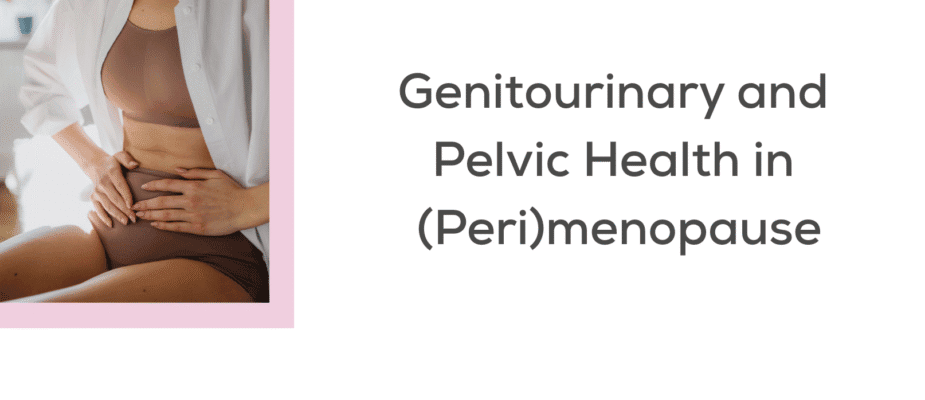by Ali Parvizi
During menopause women go through biological and hormonal changes which have effects on their general health.
Hormonal fluctuations affect more than a woman’s reproductive system. Hormones have potent effects on the development and integrity of the skeleton and oral cavity.
The significant drop in the estrogen and progesterone levels have been associated with the changes seen in the mouth as there are estrogen receptors in the gums and salivary glands. As a result, some oral and mucosal conditions can be seen in post-menopausal women.
Menopause related dental conditions
Conditions can include thinning and receding gums, bone loss, reduce saliva, burning mouth syndrome, increased decay, and alteration of taste.
Burning mouth syndrome can be a common problem in post-menopausal women. The symptoms may vary from discomfort to intense pain. Usually there is a hot feeling or sensation which can affect your tongue, lips, palate, or other parts of your mouth. The sensation can start in the morning and gradually increase in intensity during the day and ease by night-time. For some, the pain may come and go, others may have a bitter or metallic taste. This is due to the changes in the way the nerves in your mouth send messages to the brain – for example, about taste and temperature.
Conditions such as Lichen planus, thrush and viral infections all have similar sensations, but in the burning mouth syndrome the mucosa is normal.
Other conditions which produce similar symptoms include acid reflux, nutritional deficiencies (such as vitamin B12, folic acid or iron), and thyroid problems.
Various studies have shown that between 45 to 60% of post-menopausal women have some degree of oral discomfort.
Treatments
Treatment depends on the cause. Your dentist will need to thoroughly examine your mouth to eliminate dental causes. You may need to have a blood test to identify any vitamin deficiencies, diabetes or thyroid problems.
You can relive the symptoms by:
- Sucking on ice
- Sipping water
- Avoiding alcohol and tobacco
- Avoiding spicy foods, citrus fruits and mouthwashes containing alcohol
- Chewing gum to stimulate saliva flow
Dry mouth (xerostomia) is another common symptom of menopause. As well as providing lubrication for food, saliva prevents decay by preventing bacterial build-up around the teeth. The reduced flow results in increased bacterial build-up an acid attack on the teeth and hence decay.
Salivary flow rates depend on estrogen levels and post-menopausal women may have lower flow rates.
Menopause and periodontal health
Sex hormones are responsible for the health of the tissues around the teeth, namely the gums, ligaments and bone.
Reduced hormone levels cause thinning of the gums and reduced blood flow, which are predisposing factors to inflammation.
Chronic inflammation causes bone loss around the teeth, gradual mobility and the eventual loss of a tooth.
Studies have shown that one in four post-menopausal women are likely to suffer tooth loss within five years. (1.)
Another study discovered the rates of gum disease were significantly lower in those receiving HRT, with many seeing a 44% improvement in gum health (2.)
What you need to do
It’s very important that the condition of your teeth and gums are carefully monitored by your dentist to prevent decay and gum disease, and early intervention is made when necessary.
- Have your teeth checked twice a year by your dentist
- See the hygienist regularly 2 to 3 times a year
- Reduce sugar and acid intake.
- Maintain meticulous oral hygiene and use floss and interdental brushes to reduce inflammation
- Inform your dentist early of any changes you notice in your mouth
To find out more about how we can help you with your menopausal conditions and symptoms, book a free 15-min consultation today




